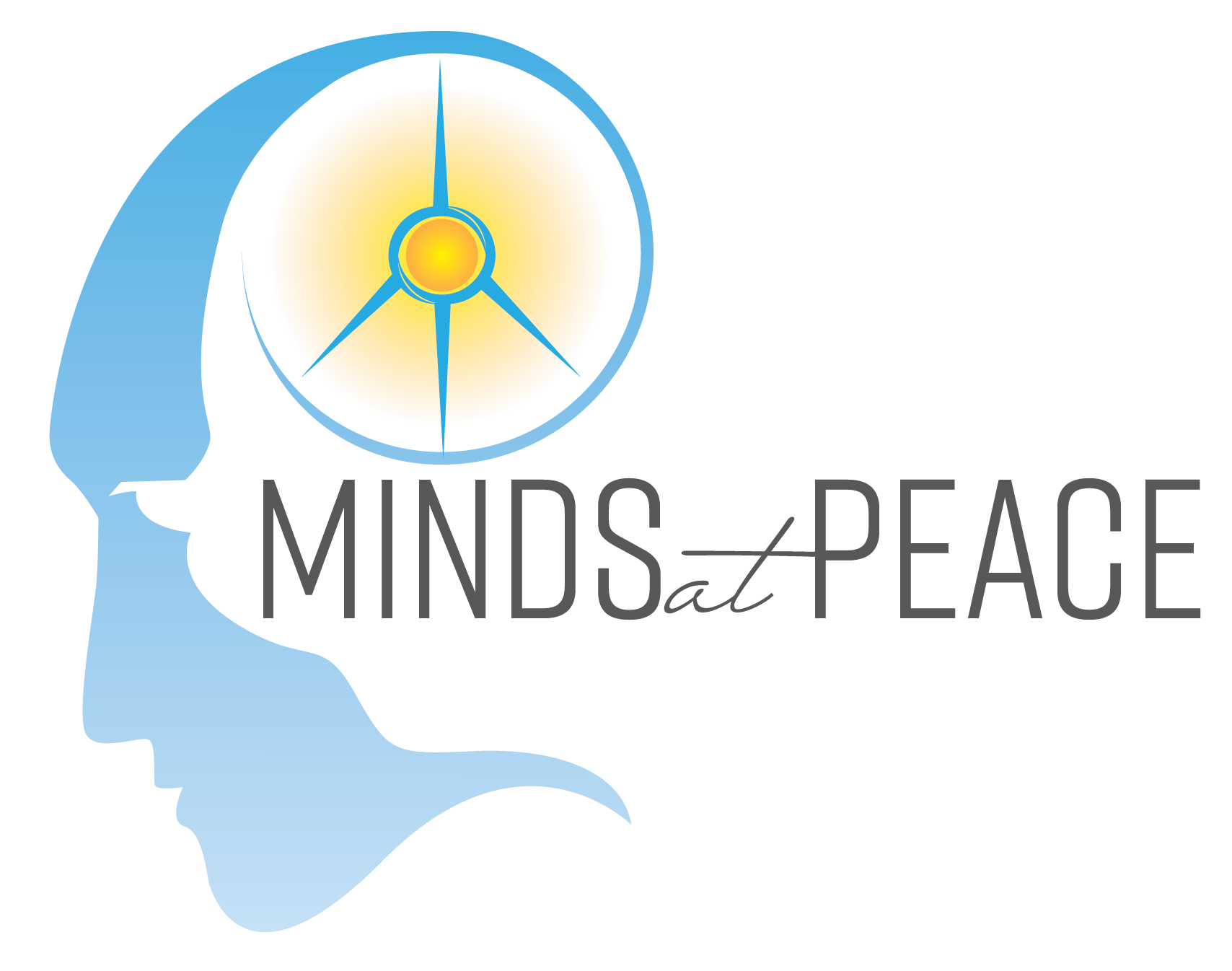Sober January Works.
Happy New Year!
I mean it. Not just one day, but the whole year.
It’s no secret that alcohol use was on the rise before the pandemic, and has continued escalating, particularly among women, ever since.
It’s probably not a secret to you, and maybe not your friends, family members or coworkers, that your alcohol consumption is leading to physical and emotional consequences.
Hangovers. Anxiety. Depression. Guilt. Shame. Relationship problems. Had enough?
What unfortunately is still a major secret is that harm reduction works. Continuing what you’re doing and expecting different results— well, we know what that’s called.
Harm reduction allows you the opportunity to notice improvement in your life when you cut down or take a break from drinking. And you can do that without making a lifetime commitment to abstinence or going to AA.
January is traditionally a month to reflect and examine your life, goals and direction. So called “Dry January” has the advantage of being short, but long enough to form new healthy habits.
Does it really work?
Yes! A major NIH study showed that voluntary abstinence in January didn’t just last till February, but continued six months later.
But wait, all my friends are still drinking, how can I stop and still, you know, have fun?
Look back a few sentences to where I highlighted notice improvement. When people stop drinking they sleep better, which leads to more energy and focus. There’s less withdrawal symptoms of headaches, nausea and all the other stuff you weren’t thinking about the night before. Furthermore the increase in clarity and self-efficacy can lead to increased productivity and creativity, and maybe even most significantly, far less arguments with your partner, spouse or family members.
Check out this one minute video about what to tell your friends.
If you or someone you love brags about how much alcohol they can consume, remember that’s not a good thing. It demonstrates significant tolerance which is one of the criteria for alcohol use disorder. It’s also much more likely to lead to a loss of control where more alcohol is consumed than intended, and more consequences than intended.
Going an entire month without drinking seem too much? Harm reduction can also mean cutting back consumption to reduce the likelihood of hangovers and those other unintended consequences. If nothing else, your body, and brain will thank you.
Cutting back without a period of abstinence can actually be more challenging than a period of sober curiosity and requires a greater awareness of what’s working and what’s leading back to what you hoped to avoid.
Caveats to consider
Before you go from heavy drinking to complete abstinence check with an addiction expert to evaluate the potential for withdrawal symptoms. While some withdrawal symptoms can be irritating or uncomfortable, heavy drinkers who suddenly stop could be faced with life-threatening withdrawal that fatally shocks the nervous system. There are medications available to prevent serious withdrawal, as an outpatient or inpatient depending upon your circumstances.
If you’re not sure which path is right for you, reach out and let me help you come up with plan that’s right for you.
Help for family members
Stop arguing. Start engaging.
No one reading this blog is living on a deserted island which means your drinking, or a loved one’s drinking is having significant consequences for you and your relationships. Too often the go to method for dealing with a loved one’s alcohol or drug problem involves a fair amount of yelling, arguing, shaming, judging or ultimatums that fail.
There’s a better way. One that’s rooted in science. One that provides family members with the communication skills to lead a loved one into treatment while simultaneously focusing on your own self-care.
The Invitation to Change approach provides the tools to build a collaborative relationship, one that leads to healing for everyone. I talk about this approach in the Facebook group Empowering Families in Addiction, as well as through individual coaching. Then continue implementing these communication skills throughout early treatment, and beyond.
This approach teaches skills that can help any relationship but it’s particularly important for families in addiction.
Make 2023 your year
My goal when working with a client is to meet them where they are, but not leave them there.
Your first step was reading this blog. Now take the next step and schedule a session or a free 15 minute video consultation to help yourself, or a loved one. 513-666-1413.
And always, be good to you.



